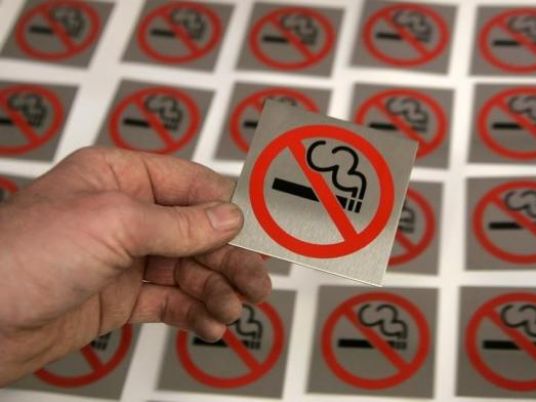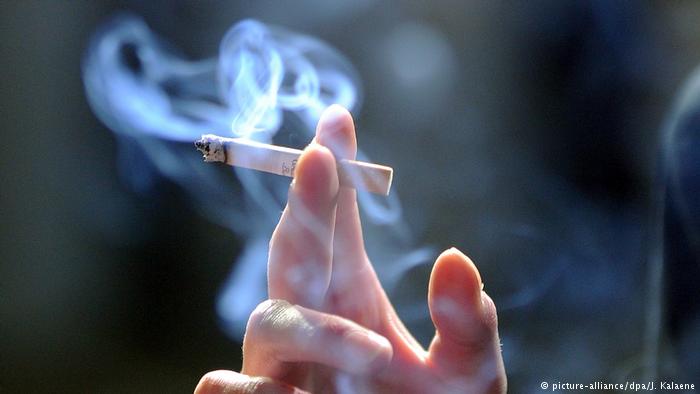
People living in countries with public smoking bans have lower exposure to secondhand smoke and better health, according to a fresh look at past research from 21 nations.
Smoking bans were tied to a decrease in health problems and deaths – especially those related to heart disease, researchers report in the journal Cochrane Library, online February 4.
"I think the bans benefit everybody through a reduction of secondhand smoke exposure," said senior author Cecily Kelleher, of University College Dublin in Ireland.
Implementing these bans across the globe, especially in developing countries with emerging chronic health issues, could have a large impact on the population's health, she told Reuters Health.
Tobacco is currently responsible for the death of about one in every 10 adults around the world, the researchers write. They did their analysis for the Cochrane Collaboration, which is known for reviewing medical evidence and determining its quality.
A previous Cochrane review found that smoking bans reduced people's exposure to secondhand smoke, but back then the reviewers weren't able to show that decreased smoke exposure led to better health.
"We undertook the original review in 2010, and the evidence base was nothing like the evidence now," said Kelleher.
This time, the researchers specifically included studies that looked beyond secondhand smoke exposure. For example, they looked in medical databases for studies examining links between smoking bans and rates of heart attacks, strokes, respiratory problems, infant health and deaths.
Ultimately, they included 77 studies from 21 countries. Many of the studies used data from hospitals, national health registries and workplaces.
Forty-three studies specifically examined heart attacks and acute coronary syndrome. Thirty-three of the papers found a link between introducing smoking bans and a decrease in those events.
Of the six studies that examined the link between strokes and smoking bans, five found benefits.
For example, a study from Ireland reported a 26% fall in deaths from heart disease and a 32% decrease in stroke deaths.
The reviewers also found evidence that the smoking bans were beneficial to respiratory and newborn health. The quality of evidence behind those findings were very low, however.
"These are persuasive that these bans are beneficial," Kelleher said of the results.
She added, however, that better and more uniform research is needed to strengthen the evidence behind these benefits.
"If you look at some of the authors' conclusions, this is very compelling evidence of the effects of any policy that affects secondhand smoke exposure," said Liz Klein, of the Center of Excellence in Regulatory Tobacco Science at The Ohio State University in Columbus.
Previous suggestions that smoking bans help prevent heart attacks were met with skepticism, said Klein, who was not involved in the new review.
"In this review, that evidence is so consistently strong that it shows when you ban smoking in these public spaces, you see less heart attacks at the community level," she told Reuters Health.
Klein said not every city or state has these policies in place, but where they do exist, they protect the public's health.
Kelleher said, "The message for policy makers is that bans are an effective strategy."




